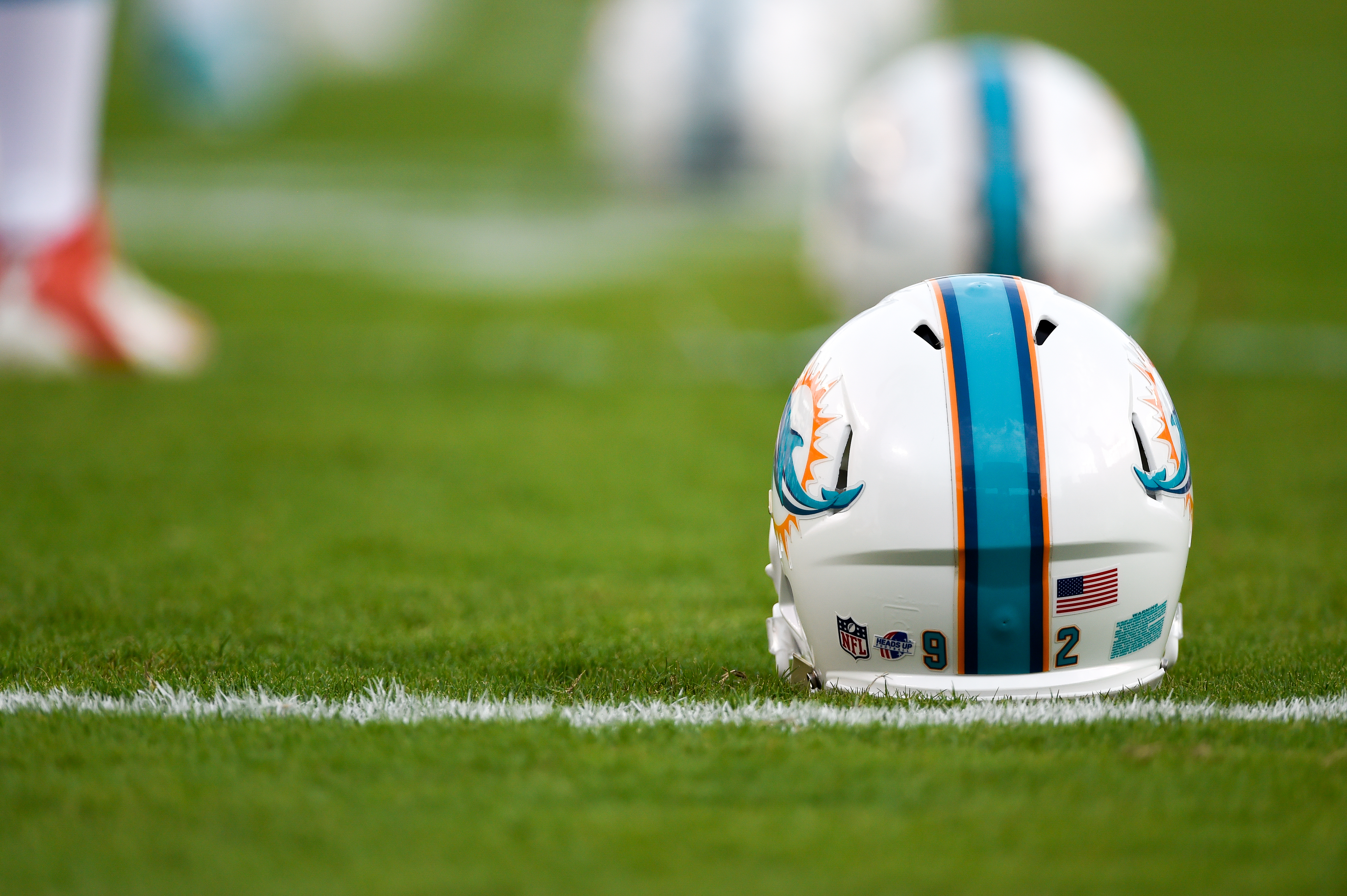The NFL’s Concussion Problem Still Has Not Gone Away

(AP photo)
Rarely has the NFL had to face the type of public firestorm that has dominated the first two weeks of the 2014 season. First came the Ray Rice controversy and the questions it has sparked about how the league handles cases of domestic violence. Then came the debate over whether Minnesota Vikings star running back Adrian Peterson should be allowed to play following his indictment last week on child abuse charges. Then Carolina Panthers defensive end Greg Hardy was placed on the NFL’s exempt list until his own domestic abuse case is resolved, but not before Jonathan Dwyer of the Arizona Cardinals was also arrested on suspicion of domestic violence.
Against this backdrop the NFL’s concussion crisis has largely fallen out of the headlines, despite continued uncertainty over whether the league’s thousands of retirees and their beneficiaries will accept a proposed settlement in the class-action concussion case brought by more than 4,500 former players. (The retirees have until mid-October to decide). Last Friday, documents filed in federal court showed the NFL expects nearly a third of all retired players to develop some form of long-term cognitive problem — such as Alzheimer’s disease or dementia — in their lifetime as a result of head injuries suffered on the field. The actuarial data also suggested that for some players, the risk was as much as 35 times greater than it is among the general population.
For current players, the findings carry added significance given that head injuries continue to be a routine part of the game. Consider a few findings from FRONTLINE’s Concussion Watch project, which since 2012, has been tracking every officially reported head injury in the NFL:
- Over the past two seasons, 306 players have suffered a combined 323 concussions, according to team injury reports.
- As football has increasingly become more of a passing game, this burden has fallen mainly on wide receivers and cornerbacks, who for two straight seasons have gone down with more concussions on offense and defense, respectively, than any other position.
- The data has also found that half the time, players return from their head injuries without missing a game. There’s no standard recovery time from a concussion — each one is different — but guidelines endorsed by the NFL Players Association from the American Academy of Neurology find that athletes are at the greatest risk or repeat injury in the first 10 days post-concussion. That’s important because the more head injuries a person suffers, the more likely they may be to develop complications later in life.
Today, Concussion Watch kicks off for a third straight season and already 15 players have been added to the list for head injuries from the preseason and Week 1. Of those 15, 12 have returned to the field. We’ll continue to track the progress of the remaining three, and if history is any guide, the nearly 140 others who will go down with a concussion this season. Stay tuned.






